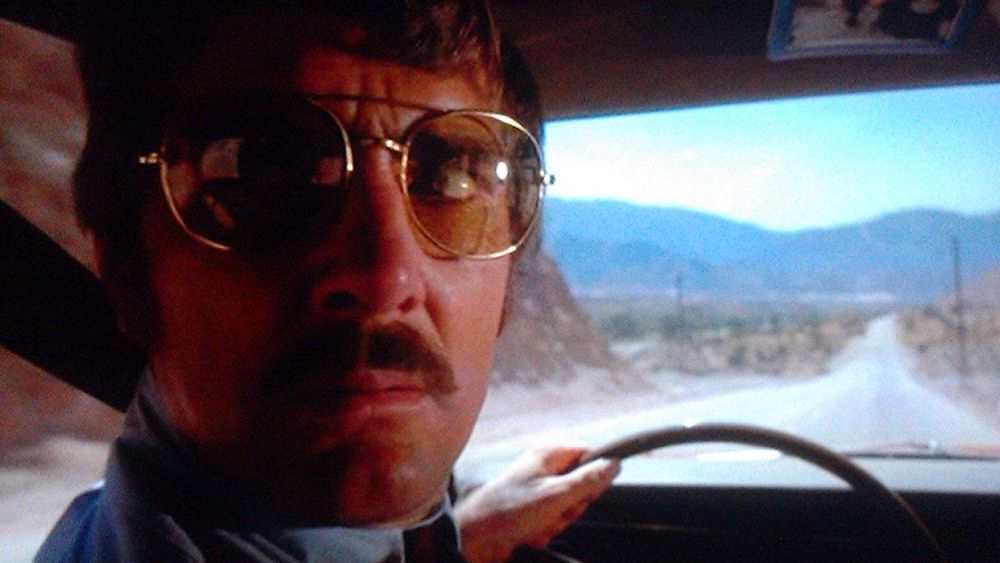
What keeps certain films so popular over the decades while others of equal quality are relegated to the obscure pile? Often times some great work by highly successful directors gets overlooked for reasons impossible to explain.
Films early in a career and even a debut film can put a director on the map, yet be generally forgotten by the casual movie goer. The following is a list of excellent films by directors known and loved that deserve a rebirth.
1. Seconds (1966, John Frankenheimer)
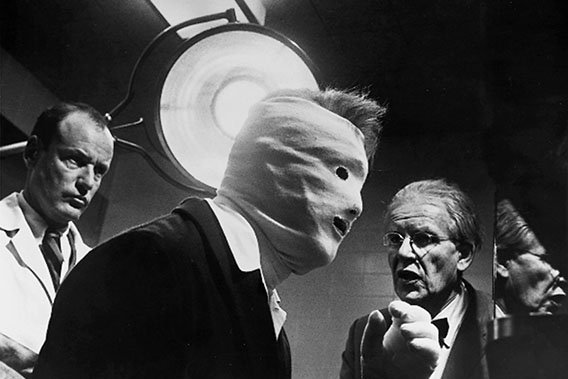
If you could fake your death and become Rock Hudson, wouldn’t you? While any male who considers himself unexceptional may answer with a resounding “yes,” he may want to watch the full movie before giving his final answer. Well known and deservedly lauded for spitting out massive critical and commercial political thrillers in the early 60s, John Frankenheimer turned introspective and existential with the sci-fi/horror/psychological thriller, Seconds, which also completes his “paranoiac trilogy” after The Manchurian Candidate and Seven Days in May.
Based on the novel by David Ely, Seconds tells the story of a terminally average, well into middle age man (John Randolph) whose disgust and ennui with his high level banking position and long marriage have left him positively inert. Late one night he gets a phone call from an old friend thought to be was deceased.
Turns out, he’s not dead but has given himself to “The company,” an insidious human Ponzi scheme which promises new life, new body, new face. That’s where Rock Hudson comes in. The caveat? In the immortal words of the Eagles “You can check out anytime you like, but you can never leave.” When Randolph escapes down the hall to the elevator and reaches for the down button, the camera pans down and we see the buttons don’t exist.
There’s some spectacularly claustrophobic and nightmarish cinematography from the inimitable James Wong Howe. Many unusual camera angles are utilized; just an eye or the top half of the face as a menacing foreboding of the reusability of body parts and how insignificant the company’s “customers” truly are despite what the congenial, avuncular CEO (Will Geer) would have us believe.
What resonates so profoundly is the realization that despite having everything you’ve ever dreamed on the surface, you too can still be miserable if you avoid those pesky irritants, introspection and gratefulness, and believe that Rock Hudson’s face and beach front property in Malibu is all you need for fulfillment. It’s a startling reminder that even if you deign to make it so, all the external trappings won’t mean squat in the end without self-acceptance.
This is by far Hudson’s greatest dramatic work and he has two knock-out scenes in particular. One is his drunken breakdown at a party where he lets slip his former identity (It’s been said that Hudson actually did break down on the set due to sexual identity frustrations.) The other is toward the end when a certain realization hits him. And us.
Critically praised yet inexplicably dismissed commercially, (which bothered Hudson immensely,) Seconds has found limited cult status but deserves its rightful place among Frankenheimer’s greats.
2. Breezy (1973, Clint Eastwood)
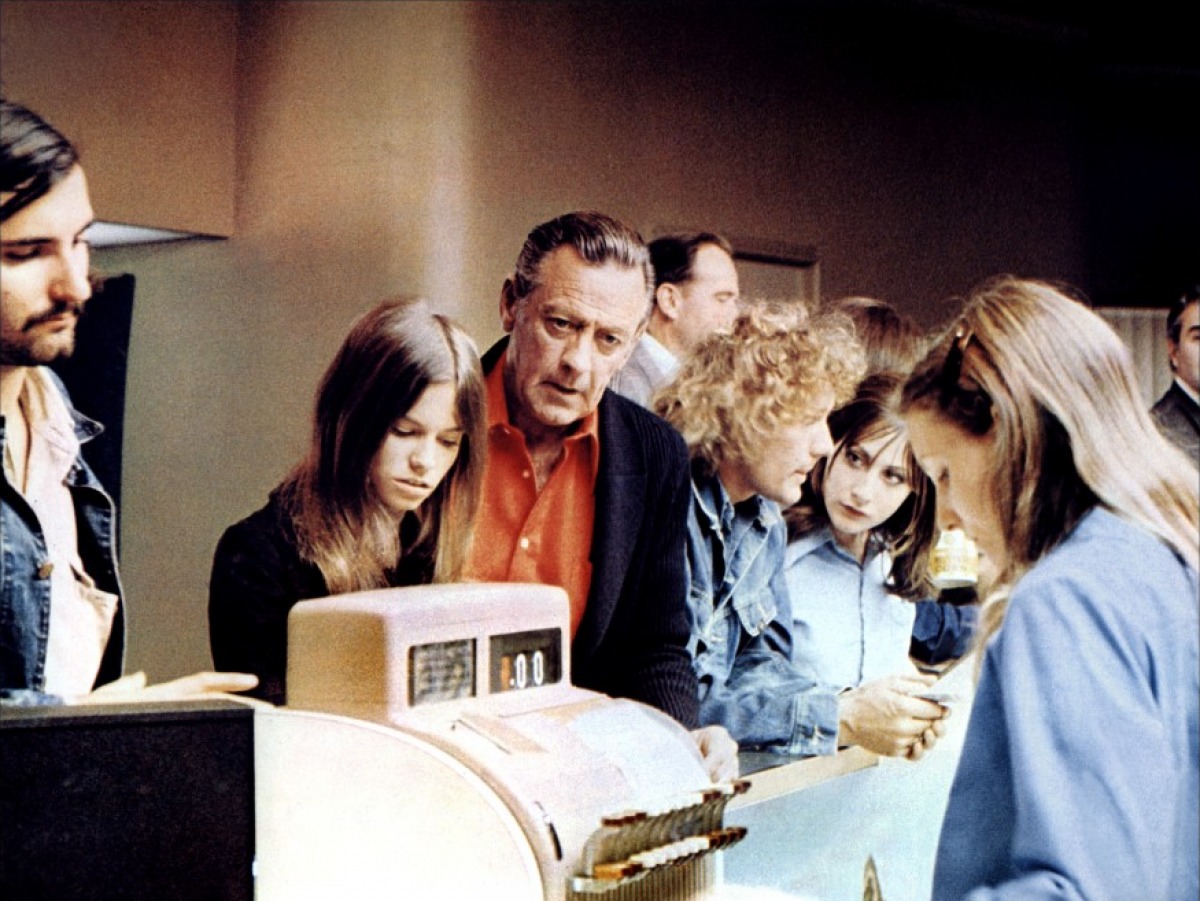
A 19 year old drifter falls in love with a divorced 50-something realtor. No, it’s not Mick Jagger’s bio, it’s Clint Eastwood’s second directorial effort, Breezy. Sure, it got lost beneath the growing pile of grizzled cops, rebellious heroes and cigar chewing outlaws, but that shouldn’t diminish its value.
Hitchhiking with her guitar (of course) in Laurel Canyon, hippy dippy Breezy (Kay Lenz) flags down the unsuspecting and acerbic, Frank (William Holden) in Laurel Canyon. So cynical is he, that when Breezy asks “Do you think God is dead?” He replies, “I didn’t know he was sick.” His caustic wit and her chronic optimism make for charm and sparks when we might otherwise say “ew.”
Eastwood lets the relationship unfold slowly so that by the time they become lovers, it makes sense. This is a heart/heart connection; we get to know them while they get to know each other. Somehow the obvious hippy vs. establishment milieu fades into irrelevance while we see Breezy and Frank as people, not generational symbols.
While Kay Lenz manages to make a homeless, unwashed hippy downright alluring is testament to her, but the stand out is the always reliable Holden whose pitch perfect comedic timing has only grown since he went tete a tete with Norma Desmond.
Eastwood’s love of California is as evident as in his directorial debut, Play Misty for Me, but this time, it’s Laurel Canyon and Malibu instead of Carmel. Not to mention a much healthier relationship. Look for the famous Laurel Canyon Country Store which still exists today and a special treat for dog lovers in film.
3. Targets (1968, Peter Bogdanovich)
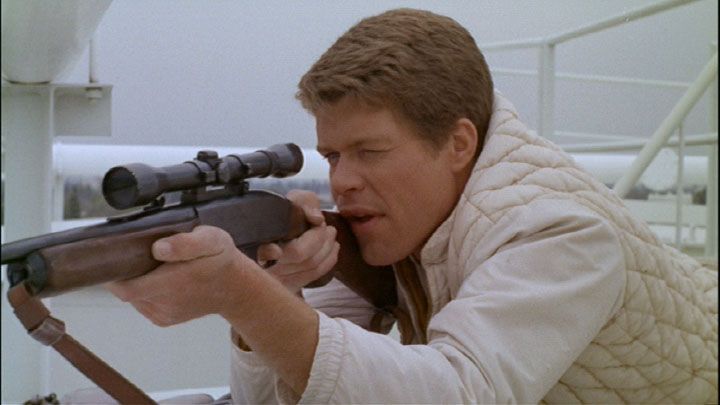
One of the great Boris Karloff’s final films was more of a horror film than any Frankenstein, Mummy or spectacle of Terror that Roger Corman could dream up. Targets, the directorial debut of Peter Bogdanovich, tells of a presumably sane and average Joe who, without warning, executes his entire family and proceeds to go on a homicidal rampage throughout Los Angeles.
If Bogdanovich had continued his passion for murder and mayhem, we may never have gotten The Last Picture Show, Paper Moon or Mask, so perhaps it’s just as well. However, it’s a startling and gut-wrenching debut. Actually given the script by Roger Corman (and loaning out an ailing Karloff,) Bogdanovich was tasked with shooting cheaply and quickly, a story loosely based on Texas tower killer Charles Whitman.
Tim O’ Kelly plays Bobby Thompson, a young man with choir boy looks and an eagerness to please. The horror here comes from nary an iota of explanation as to why this guy is about to lose his marbles. Yes, the conversations with his parents and wife and mundane and banal but whose isn’t?
We see prescient flickers of what’s about to come: Bobby inexplicably aims his rifle at his Dad. He tries to have a real talk with his wife but she’s too distracted. Yet, When the inexplicable happens we are truly shocked. As a subplot, Karloff is an elderly actor who laments the days when horror was produced by the studio, not unfolding in real life.
The commonness of post-Vietnam disillusionment and the societal and civil unrest of the late 60s were evident. Bobby approaches his killing with an apathetic glee; he even brings sandwiches to his frenzies recalling some type of demented picnic. His odd meeting with Karloff illuminates the ultimate generational chasm.
An ominous side note is Tim O’ Kelly’s mysterious death at 48.
4. The Landlord (1970, Hal Ashby)
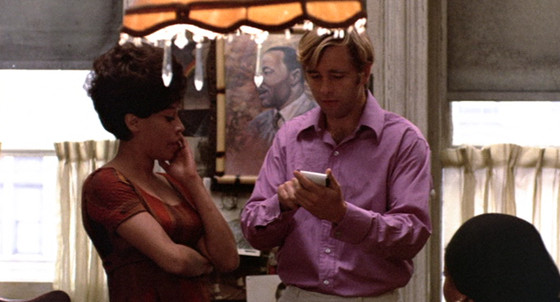
Hal Ashby showed us what’s really behind the curtain throughout the 70s: Sex and free love in Shampoo, PTSD and paraplegic intimacy in Coming Home, Suicide and intergenerational love in Harold and Maude. But for his debut in The Landlord, he peeled back the superficial layer of race relations and showed us, albeit satirically, how bigoted we can be.
Beau Bridges plays Elgar Enders, a cloistered mommy’s boy who still lives at home in his repressive (and nutty) parent’s palatial estate, complete with black servants. He decides to buy a dilapidated building in Brooklyn and evict all the tenants.
What he encounters is the gaggle of eccentric residents who greet their new white landlord with derision and violence (he’s met with a rifle and a bow and arrow) yet perhaps through a keyhole of open mindedness (and some chitlin eating) they find some, at least, temporary tolerance. Elgar’s sexual attraction to one of tenants and relationship with a black woman (who he thought was white) jettisons him into a soap opera of his own making.
Ashby’s unmasking of subversive bigotry on both sides was audacious for 1970 yet this film is truly funny. The indomitable Pearl Bailey first encounters Bridges, her rifle pointed between his eyes as she yells “My horoscope told me evil was comin’ today.” Not to mention the ultimate culture clash when (Oscar nominated) Lee Grant has a drunken lunch with Bailey. Includes great cinematography of a long gone Brooklyn.
5. Stalag 17 (1953, Billy Wilder)
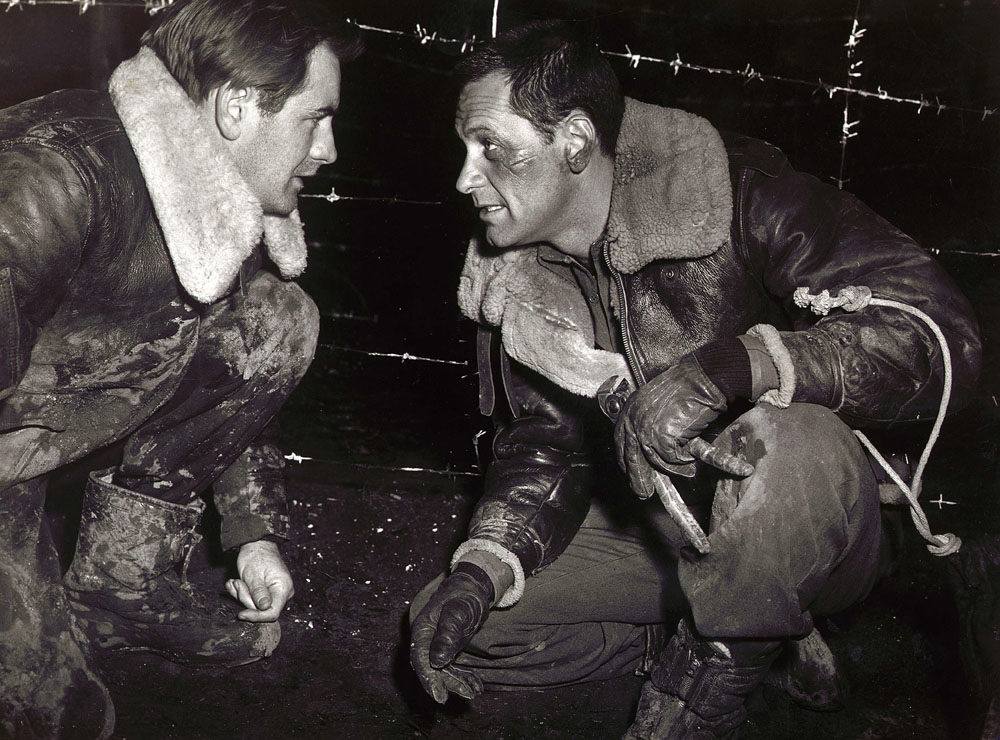
When you think of humor, you think of starving POWs in internment camps. Okay, maybe not, but Billy Wilder certainly found the humor in his unsung gem, Stalag 17. When two prisoners are killed during an attempted escape, Sergeant Sefton (Oscar winner William Holden) is accused of being a German informant. He’s the only one with cigars, real eggs and panty hose in exchange for doing any favor for anyone so he must be the spy. Or is he? The suspense of following the clues and the brutality of the situation is tempered with humor throughout.
Much of it comes from Sgt “Sugar Lips” Shapiro (Harvey Lembeck) and his Betty Grable obsessed side kick, Animal (Oscar nominated Robert Strauss) as they hurl invectives at the dim German barracks flunky, Sgt Schulz (“Who’s that other wrestler, the one with the mustache? “Zat’s my wife”) in an attempt to deal with their bleak reality. Not to mention, the blundered attempt at meeting the new Russian female inmates, the Christmas gift of a camp delousing and the competitive mouse races.
Much like Sunset Blvd and Some Like it Hot, there are zingers galore borne from kooky characters and Wilder, having lost his parents in the Holocaust, eviscerates the Nazis at every turn. Deftly handled to be sure, but this is still a drama and the futility and barbarism of war is evident throughout.
In addition to the twist ending, there’s a comedic turn by director Otto Preminger as the sadistic commandant.